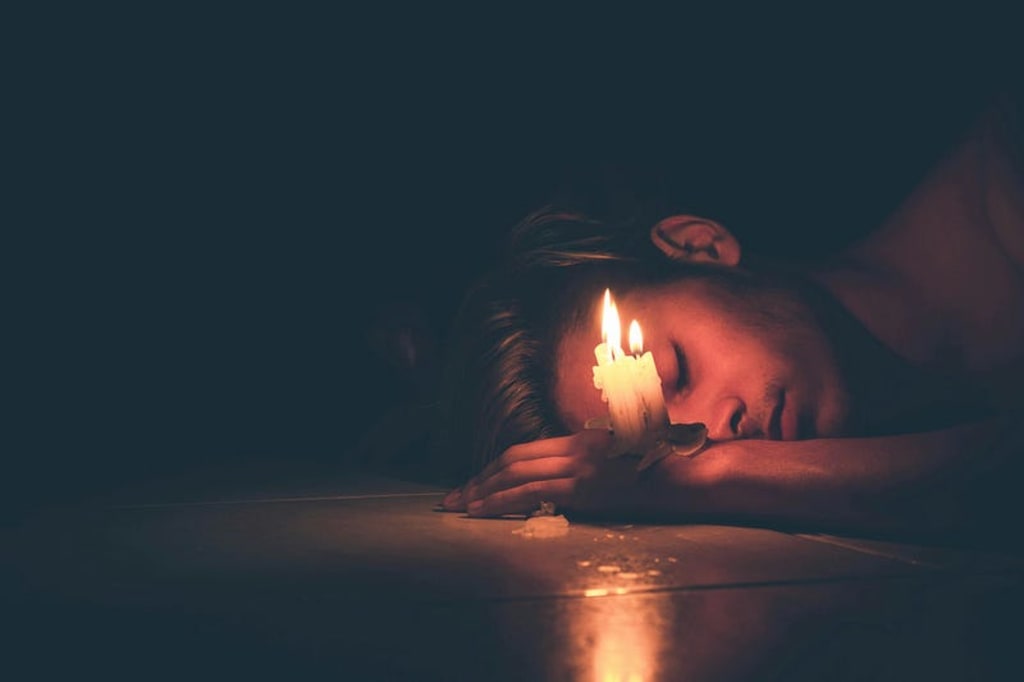Understanding Depression: Symptoms and Support
Have you ever felt like the world's weight was on your shoulders, leaving you drained and joyless? If so, you're not alone.

Symptoms of Depression
Depression is a complex mental health issue. It shows in many ways. Knowing the common symptoms is key to recognizing it and getting help. Depression affects mood, sleep, and appetite, impacting emotional well-being and daily life.
A key symptom is feeling sad or low all the time. People with depression may not enjoy activities they used to love. They might feel hopeless and despairing. They might also sleep too much or not enough.
Depression can change how much you eat. Some might eat less and lose weight, while others might eat more and gain weight. Feeling worthless, guilty, and not good enough is also common.
Suicidal thoughts and actions are a serious sign of depression. If you're thinking about this, get help right away.
- Knowing the signs of depression helps in fighting it. Understanding its effects on mental health leads to seeking support and treatment.
- Persistent low or sad mood
- Loss of interest or pleasure in once-enjoyed activities
- Changes in sleep patterns (insomnia or excessive sleeping)
- Changes in appetite (loss of appetite or weight gain)
- Feelings of worthlessness, excessive guilt, and low self-worth
- Suicidal thoughts or behaviors
"Depression is a disease like any other. It's caused by a chemical imbalance, and it's treatable." - Buzz Aldrin

Depression is a serious mental health issue that deeply affects a person's life. It's not just feeling sad or having mood swings. It changes how a person feels, thinks, and acts.
Depression happens when the brain's chemical balance is off. This can come from genes, environment, and lifestyle. People with depression feel hopeless, don't value themselves, and can't find the energy to do things. This makes it hard to keep up with daily life and relationships.
Depression doesn't just affect the person who has it. It can also hurt their family and friends. Anxiety and other mental health issues often happen with depression, making things even harder.
Knowing the signs of depression is key to getting help early. This can really help someone get better. Depression can show in many ways, like sleeping too much or too little, feeling sad all the time, or not enjoying things you used to like.
Getting help from a professional is important for those with depression. Therapists and psychologists offer treatments like cognitive-behavioral therapy and medication to help people feel better.
"Depression is not just about being sad or having a bad day. It's a complex mental health condition that requires professional support and compassion."
Understanding depression and the help available is the first step to getting better. With the right treatment and self-care, people can manage their depression and live a happy life.
Seeking Professional Help
If you're struggling with depression, getting help from professionals can change your life. Therapists and counselors know how to use proven treatments that fit your needs. They help you handle your mood and boost your mental health.
Types of Therapy for Depression
Cognitive-Behavioral Therapy (CBT) changes negative thoughts into positive ones. Interpersonal Therapy (IPT) works on making your relationships and communication better. Adding medication to therapy can also help fix chemical imbalances in your brain.
It's important to find a therapist you feel okay with and who gives you the support you need. Don't stop looking until you find the right one - your mental health is important.
FAQ
What is depression?
Depression is a mental health issue marked by ongoing sadness, hopelessness, and a lack of joy in activities. It can deeply affect a person's mood, thoughts, and health.
What are the different types of depression?
Depression comes in various forms, like major depressive disorder, persistent depressive disorder (also known as dysthymia), and seasonal affective disorder (SAD). Each type has its own set of symptoms and severity.
What are the risk factors for developing depression?
Depression can be triggered by genetic factors, traumatic events, health issues, certain drugs, and substance abuse. Stress, poor sleep, and a lack of exercise can also increase the risk.
What are the symptoms of depression?
Depression's main signs include feeling sad all the time, losing interest in things you used to enjoy, and changes in sleep and eating. You might feel worthless, guilty, or even think about harming yourself. It can also make it hard to focus, make decisions, or do everyday tasks.
How is depression treated?
Treating depression often means using therapy and medication together. Therapies like cognitive-behavioral therapy (CBT), interpersonal therapy (IPT), and psychodynamic therapy are common. Medications, such as selective serotonin reuptake inhibitors (SSRIs), also help manage depression symptoms.
When should someone seek professional help for depression?
If you or someone close feels sad, hopeless, or uninterested in activities for over two weeks, get help. A therapist or psychiatrist can assess the situation and create a treatment plan tailored to your needs.
About the Creator
Enjoyed the story? Support the Creator.
Subscribe for free to receive all their stories in your feed.





Comments
There are no comments for this story
Be the first to respond and start the conversation.